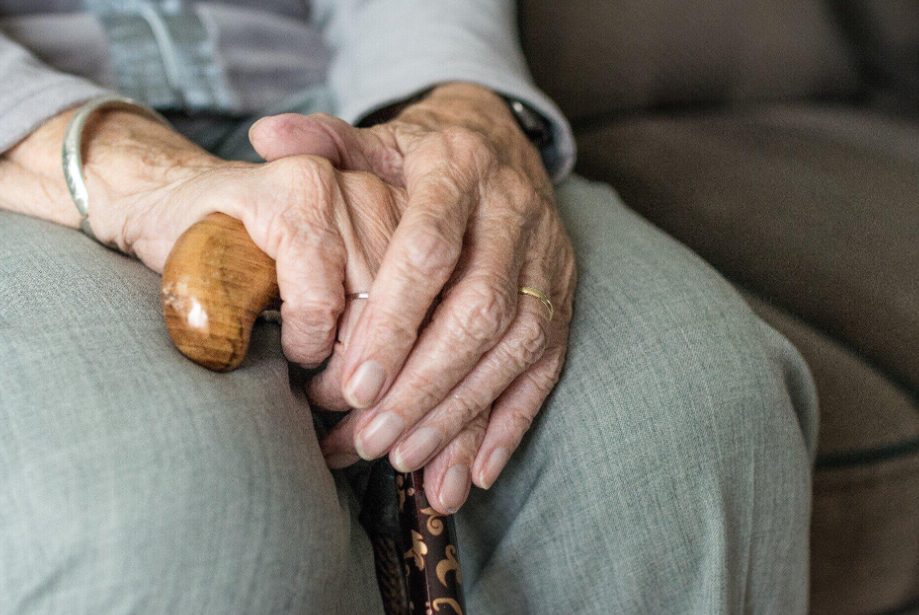As we grow older, our bodies change in many ways, and staying healthy can sometimes become more challenging. One of the most common issues older adults face is dehydration. Many seniors don’t feel as thirsty as they once did, which can lead to drinking less water than their bodies need.
Dehydration may seem minor at first, but it can lead to serious health problems like kidney issues, urinary tract infections, and even confusion. That’s why hydration is one of the simplest yet most important ways to support good health in older adults. Continue reading to get the complete picture.
Why Hydration Matters for Older Adults
Water plays a vital role in nearly every function of the body. For seniors, staying hydrated is especially important because it supports both physical and mental well-being.
Proper hydration helps keep joints and muscles flexible, making it easier to move comfortably throughout the day. It also helps regulate body temperature and maintain healthy skin.
Hydration has a major effect on brain function as well. Drinking enough fluids helps older adults stay focused, alert, and in a better mood. Without enough water, they may experience dizziness, irritability, or difficulty concentrating.
For those living in warmer climates or during the hot summer months, staying hydrated become even more critical to avoid heat-related illnesses.
Creating a Daily Hydration Routine
Because many seniors don’t naturally feel thirsty, it’s important to build a daily hydration routine. Simple habits can make a big difference. Setting reminders throughout the day can help ensure regular water intake.
Caregivers can use alarms, smartphone apps, or even sticky notes placed near commonly used items as friendly reminders to drink water and stay mindful of how much water seniors need each day. Making water more appealing can also encourage better hydration. Adding slices of lemon, cucumber, or berries gives water a refreshing flavor that makes it easier to enjoy.
Some older adults prefer using lightweight bottles or cups that are easy to handle and always within reach. When hydration becomes part of a pleasant daily habit, it’s much easier to maintain.
Recognizing Signs of Dehydration
Understanding the early signs of dehydration is essential for caregivers and families. Even mild dehydration can have noticeable effects.
Seniors might complain of dry mouth, fatigue, or dizziness. Sometimes the symptoms are less obvious, such as confusion, irritability, or darker-colored urine. If you notice any of these signs, act quickly by encouraging the person to drink water or another hydrating fluid.
In more serious cases, seek medical advice right away. Early attention to dehydration symptoms can prevent serious health complications.
Encouraging Independence and Awareness
Encouraging older adults to monitor their hydration gives them a sense of control over their health. Teaching them to recognize when they need more fluids helps reduce dependency on caregivers and promotes self-awareness.
Creating a routine around drinking water can also make daily life feel more structured and empowering. Something as simple as keeping a favorite water bottle nearby or tracking intake throughout the day can make hydration a personal, achievable goal.
Keeping Seniors Healthy and Hydrated
Staying hydrated is one of the easiest and most effective ways to promote health and happiness for older adults. Regular fluid intake supports clearer thinking, better movement, and improved overall comfort. It can also prevent common health issues that arise from dehydration.
Families and caregivers play a crucial role in helping seniors build hydration habits that fit their lifestyles. By making small, consistent efforts, you can make a lasting difference in their well-being. Stay informed and visit our blog for more valuable information!
